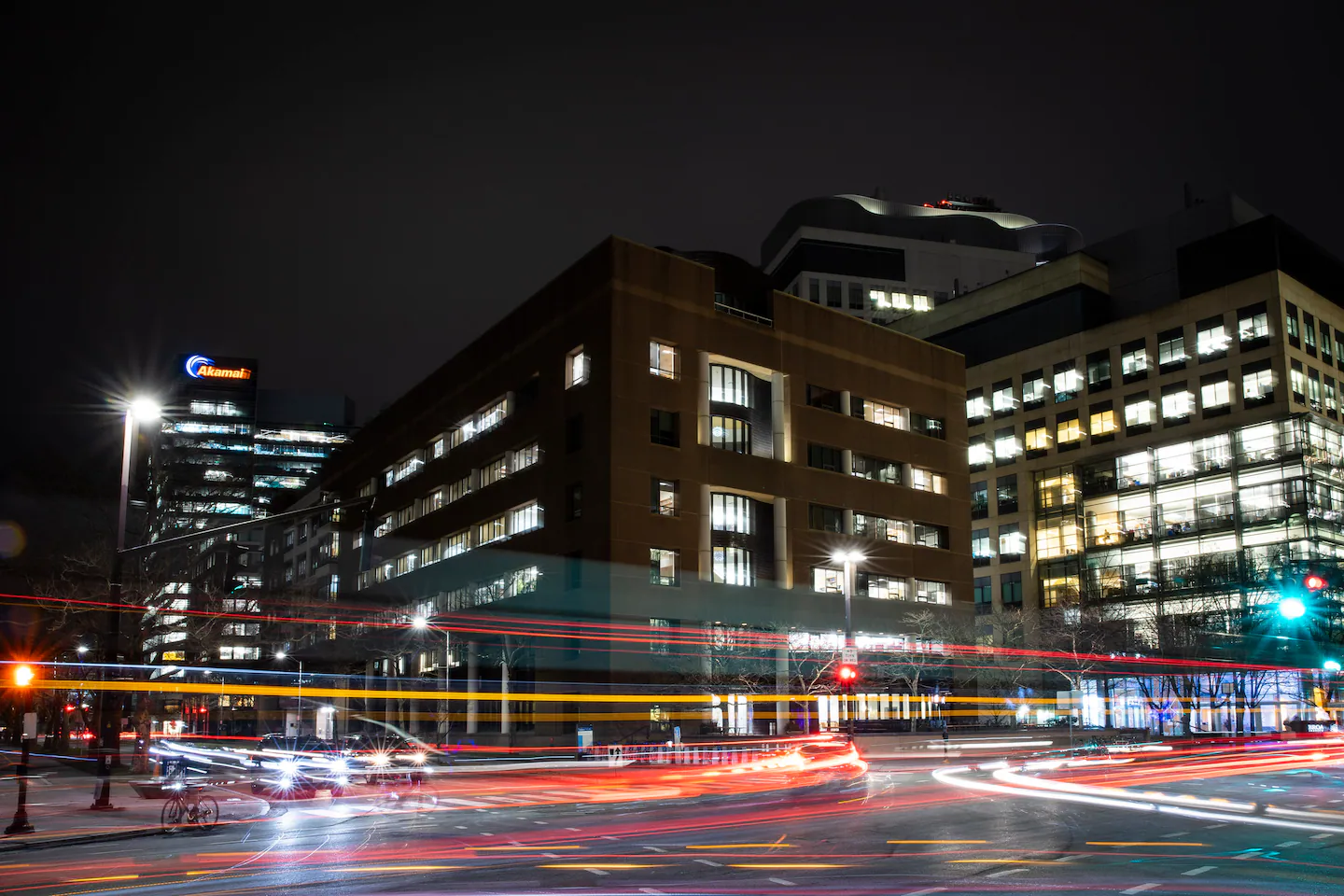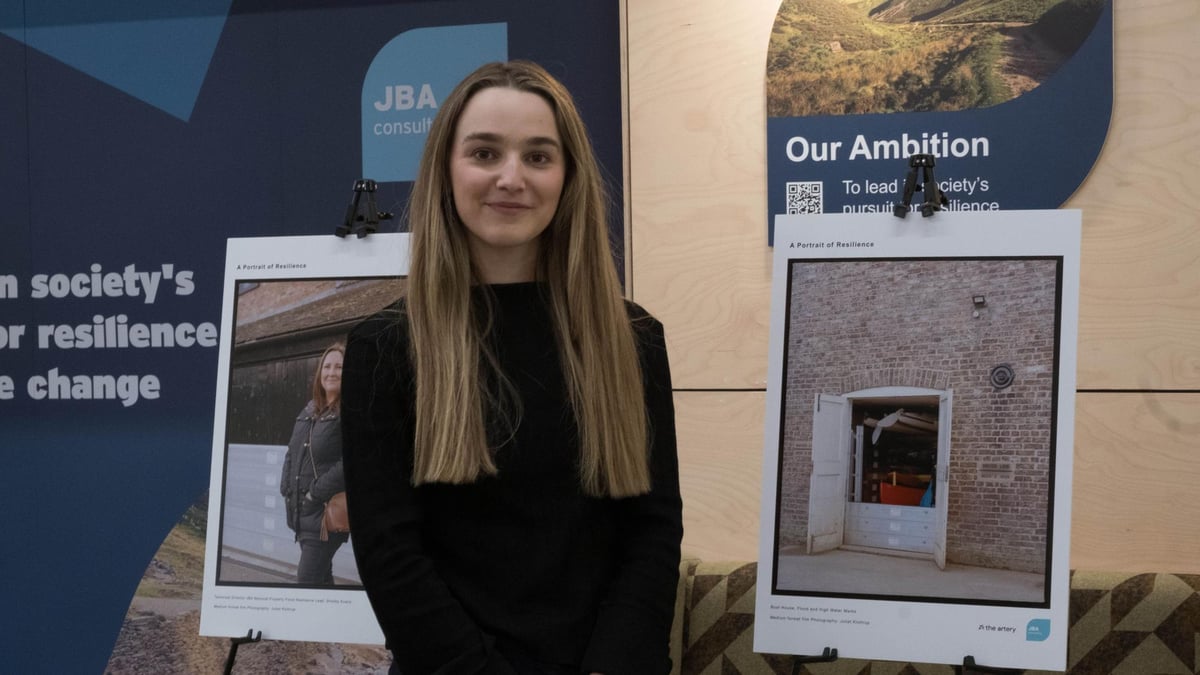Copyright The Boston Globe

The team is still determining how it can advance that work and how much money it might cost to move those projects forward, according to Schreiber. He claimed Arena had made “major advances” in oncology, immune disorders, and brain health, but did not provide specifics. The founding investors opted to shut down the institute due to concerns about financing and the poor investment market. Arena spent around $100 million of its committed funding over its two-year run, Schreiber said. It’s a sudden end for Arena, which grabbed the industry’s attention when it launched in January 2024. The concept was somewhat unconventional but also fairly simple: Pool a large amount of money to fund risky, potentially groundbreaking research in the vein of Bell Labs, the lauded AT&T research facility that played a role in the development of the transistor, satellite communications systems, and other inventions. Schreiber left his position at the Broad Institute of MIT and Harvard — he was involved in founding the institute in 1997 — to co-found Arena. CRISPR pioneer Keith Joung left Harvard Medical School to become Arena’s star scientific hire. The organization’s founders drew backing from a cohort of wealthy individuals including Subway heiress Elisabeth DeLuca, tech mogul Michael Dell, Aldevron founder Michael Chambers, and venture capitalists Jim Breyer and Steve Pagliuca. The business model, however, depended on Arena’s ability to continually spin out startups, bringing in revenue to justify the initial investment and continue funding core operations. When Arena was first being formulated in 2022, new biotech startups were routinely bringing in tens of millions of dollars in private and public capital. But the market turned shortly thereafter. By the time it launched, with a glossy New York Times feature in early 2024, biotech stocks were in a slump and private investors had retrenched. Schreiber said there was still hope then that the market would rebound quickly. “That didn’t happen,” Schreiber said. “And now, I think our investors don’t see the signs that it’s going to turn around fast enough for them.” Biotechs have raised $17.1 billion from venture capitalists in the first nine months of this year, compared to $27.6 billion in 2022 and $27.2 billion in 2024, according to a recent report from J.P. Morgan. For researchers, Arena was one of several alternatives to academia that launched since 2020, touting big checks from billionaire backers and freedom from the drudgery and conservatism of National Institutes of Health grants. The viability of these efforts — which include the Arc Institute and Arcadia Science in California — remains to be seen. But Arena’s struggles suggest that in a diminished biotech market, they might not offer a realistic alternative to an academia now imperiled by Trump administration cuts and grant freezes. “There are a lot of efforts today to look at the inefficiencies in the overall biotech ecosystem,” Schreiber said. “In retrospect, I would say that if you want to test the new model, you should do so in a period of time when biotech venture investing is at least on a level playing field with the other options that investors have.” The atmosphere within Arena shifted over the last year, according to three former employees who spoke anonymously out of professional concerns. It was evident that executives were struggling to balance Arena’s ambitions with its financial realities. Multiple people with connections to the organization said they heard that Arena was burning cash faster than expected. There were also concerns that the organization’s investors were growing disillusioned. When Arena launched, Tom Cahill, the managing partner at Newpath Partners, was instrumental in luring academics to the institute and was named an “institute representative.” But over the last year, Cahill handed the reins to one of the lower-level associates at Newpath. “The investors were for sure worried. There were a lot of board meetings,” one former employee said. Cahill did not respond to a request for comment. Schreiber said Cahill left amid an earlier organizational restructure, as Arena switched to board control by the five investors, and to focus on his venture firm. Executives began shelving research programs, including the cell and gene therapy projects overseen by Joung. About 30 percent of its staff, almost all of whom worked on cell and gene therapies, were laid off earlier this year. Arena hired Berger, the former CEO of ARIAD Pharmaceuticals, in August to lead Arena. In an interview with STAT in September, Berger described his job as Arena’s chief executive as prioritizing the work the institute was doing, which included proteomics, antibody engineering, and artificial intelligence-enabled drug discovery. “We had to make a decision to live within our means, and we had to be able to focus,” he said. Recently, spending at the company had slowed considerably. That was done to preserve money for severance packages for the laid-off staff, Schreiber said.



